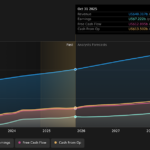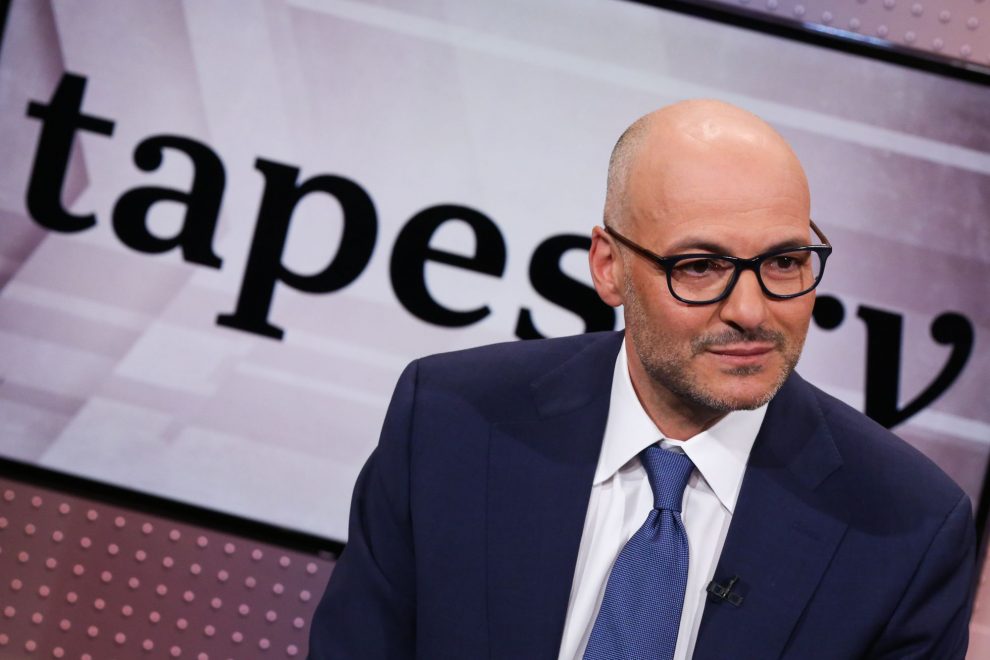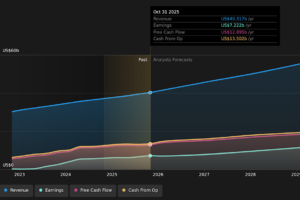
Victor Luis, CEO of Tapestry
Adam Jeffery | CNBC
Tapestry forecast a surprise fall in first-quarter revenue and profit on Thursday, as the high-end fashion house struggles with sluggish demand for its Kate Spade handbags, sending its shares down nearly 9%.
The company has had problems integrating the millennial-focused Kate Spade brand, which it bought in 2017, as out of fashion products from last year created a backlog of inventory that the company is struggling to sell.
Tapestry last year hired Nicola Glass, a Gucci and Michael Kors alumnus, to revamp Kate Spade’s handbag designs, but the results show that the turnaround is still to take shape.
“The brand’s financial results did not meet our expectations and more time is required to drive a positive inflection in the business, particularly in light of the traffic-challenged and competitive retail environment in North America,” Chief Executive Officer Victor Luis said in a statement.
Global same-store sales at Kate Spade fell 6% in the fourth quarter, while analysts’ were expecting a 1.4% rise, according to data from Refinitiv.
The company also said it would cut back on new store opening for the brand.
Tapestry’s net income fell to $148.9 million, or 51 cents per share, in the fourth quarter ended June 29, from $211.7 million, or 73 cents per share, a year earlier when the company recorded a one-time benefit from the U.S. tax reform.
Excluding items, the company earned 61 cents per share, in line with expectations
Net sales rose to $1.51 billion from $1.48 billion, but missed estimate of $1.53 billion.
Tapestry said it expects first-quarter revenue and profit for fiscal 2020 to be lower than last year.
Analysts had expected a 10.7% rise in earnings per share and a 4.2% increase in revenue.










